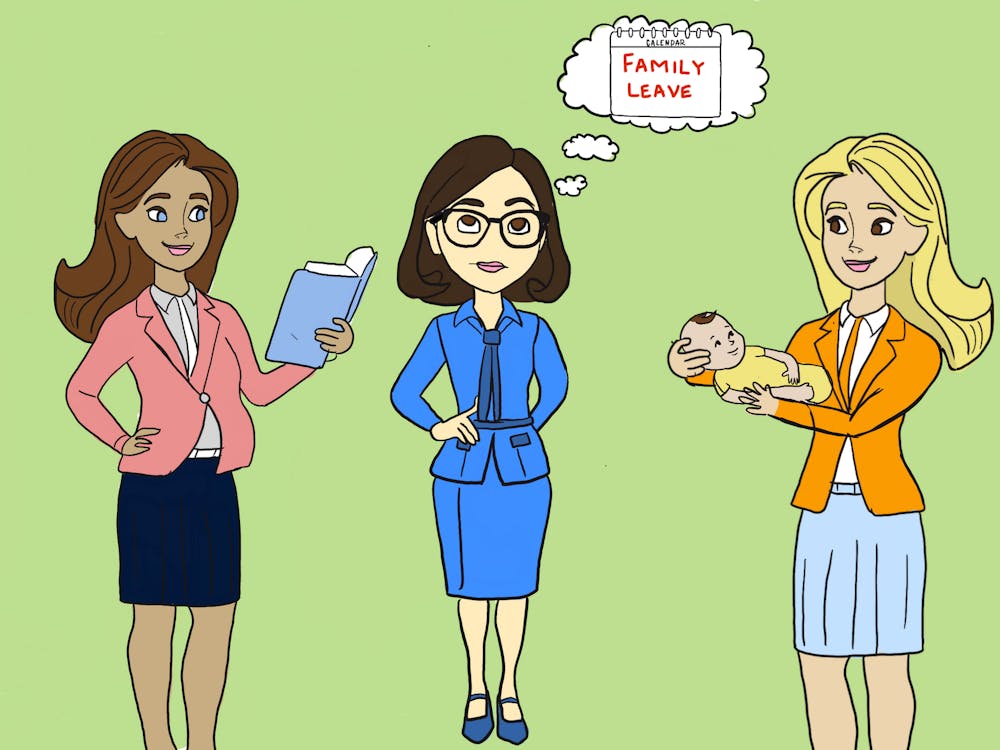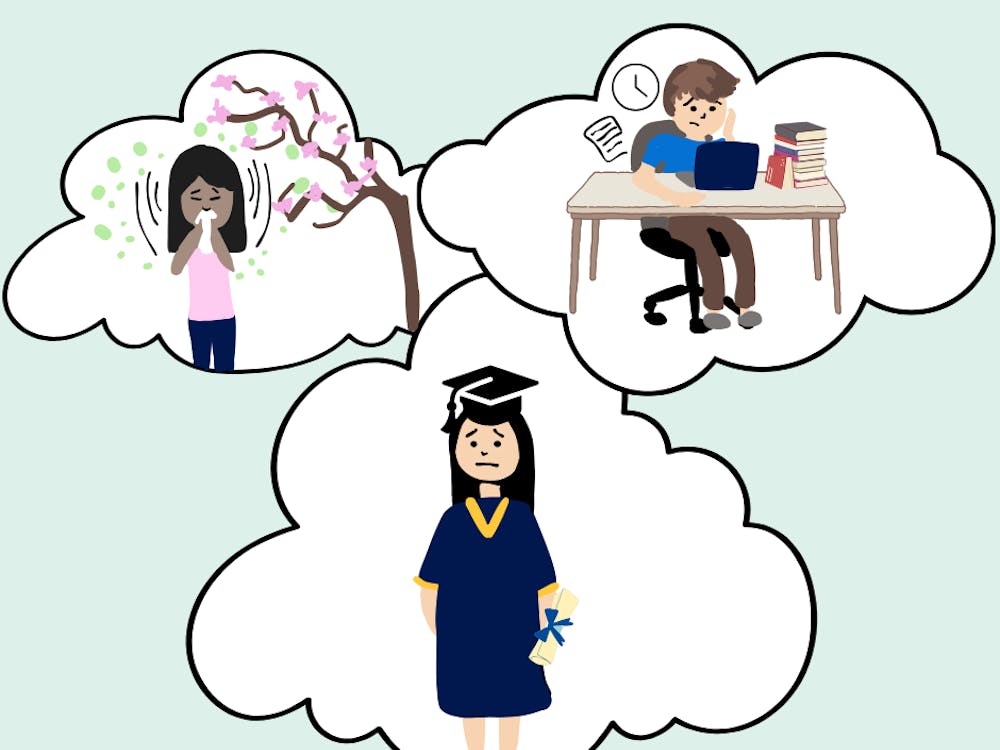Faced with finding something to do last Saturday night with my friends, I was at a loss and going out certainly wasn’t an option since we were all exhausted from that week’s workload. After resorting to looking up “things to do in Charlottesville at night” — which has got to be a new low — the Violet Crown Cinema was one of the first things that came up. Why hadn’t I thought of that before? Then it struck me –– my friends and I had never gone to the movies in Charlottesville.
Throughout high school and middle school, I don’t think a month went by without an outing to the local ArcLight theater to finally see the latest movie that my friends and I had been anticipating for weeks. Now I just laugh when I remember that we thought we were super slick and rebellious by buying a random ticket and then sneaking into another theater when no one was looking.
Some of my favorite memories with friends from home include spending time at the movies — such as piling in the car past curfew to see the midnight premiere of “The Hunger Games” circa 2012 and pre-ordering tickets for the newest Avengers movie more than a week in advance. I’m not ashamed to admit that I had a premium membership at the theater I probably frequented too often — if anything, it just gave me clout because it meant a five percent discount on all tickets.
In college, however, a trip to the movies never struck me as a possibility. Netflix is much more convenient when you’re tired and don’t want to go out in public in your pajamas. Although people still go to the movies, I’ve noticed that it’s becoming less and less common, especially for poor college students who don’t want to spend their limited budget on an overpriced $12 piece of printed paper.
My grandma always used to say, “Why go to the theater when you can watch the movie from the comfort of your own bed and take as many bathroom breaks as you want?” When I was younger, I would’ve told her that going to the movies wasn’t just about watching the movie itself — it was about the experience of purchasing overpriced candy for no good reason and hearing the annoying chorus of movie viewers loudly chomping on their overly-buttered popcorn. It was the relief in trading a small mobile screen containing pesky social media platforms with a larger-than-life screen containing adventure, romance, comedy and everything in between. I even miss making time to get there 15 minutes early to watch all the previews, which are always the best part — don’t try to argue with me on that one.
The picture and sound quality might be just as good with improved streaming services at home, such as Netflix and Hulu, but there’s just something about the idea of getting out of the house to see a new movie that makes me feel nostalgic. The potential for movie theaters to go out of business saddens me, even though I admit I’ve also contributed to the decline in attendance at the box office. I might save some money in the long run by waiting a few weeks for new movies to be released on Amazon Prime, but trying to recreate the theater experience at home is simply impossible. Next time a quiet Saturday night rolls around, I guarantee that my immediate thought will be to hop in the car with friends to see a movie — even if it’s not the next Academy Award-winning film.
Amber Wall is a Life Columnist at The Cavalier Daily. She can be reached at life@cavalierdaily.com.







